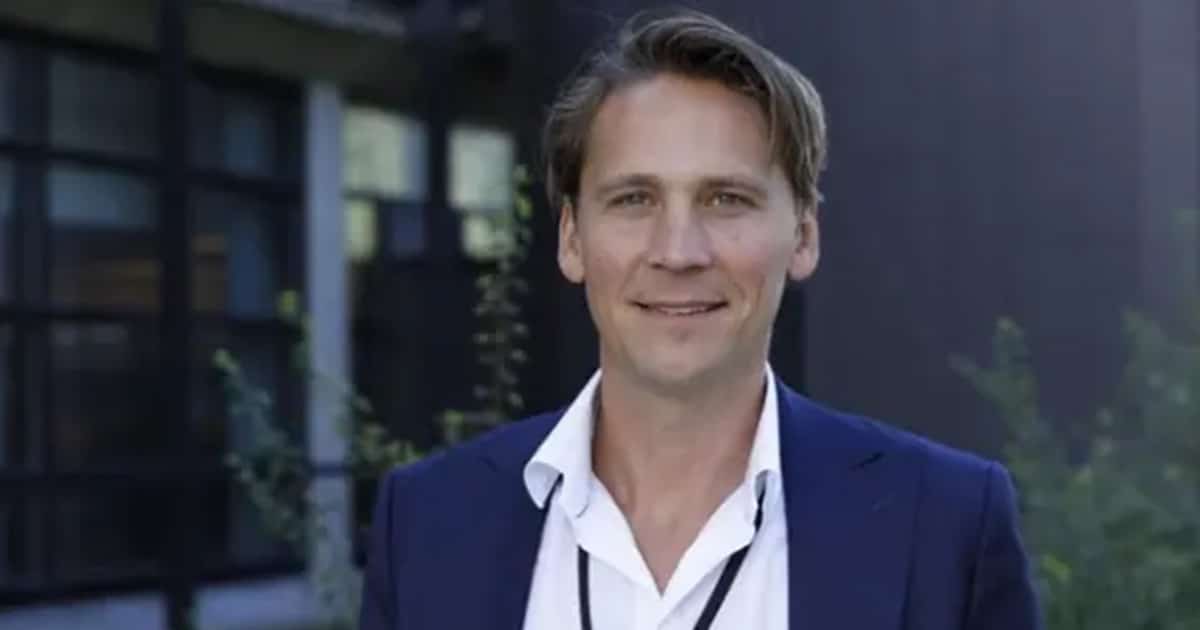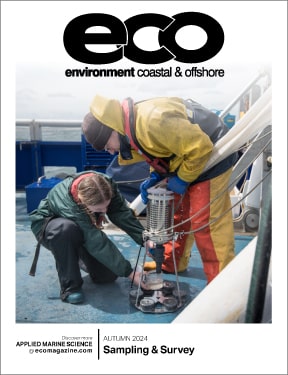Equinor’s growing global LNG portfolio is based on LNG from the Equinor operated LNG Plant in Hammerfest, Norway and LNG supply sourced mainly from the US.
This portfolio will be the base of supply to Deepak, which will use the gas mainly as feedstock for production of ammonia in its newly commissioned plant for manufacturing fertilizers and petrochemicals. The agreement covers an annual supply of around 0.65 million tons (ca 9 TWh) of LNG for 15 years starting from 2026.
Ammonia is a key building block for the society, being crucial for agriculture and food security. The ammonia which Deepak will produce from the natural gas will be for domestic use.
“Deepak’s new ammonia plant has created new gas demand in the growing Indian market. I am very happy that we have landed this agreement with Deepak Fertilisers. The agreement is another proof of how we use our position in the Atlantic basin to strengthen our relationship with key players in the growing Indian market. We look forward to developing our relationship with Deepak and to exploring avenues for further collaboration on petrochemicals feedstocks such as propane and ethane and on low carbon ammonia in the future,” says Equinor’s Senior Vice President for Gas & Power, Helge Haugane.
“We are very happy to enter into this long-term agreement with Equinor for supply of LNG. The agreement will provide reliable supplies of feedstock which will further strengthen Deepak Fertilisers’ value-chain from gas to ammonia, the key ingredient in fertilizers. The agreement will help us absorb global volatility as well as enhance overall margins. We also look forward to exploring with Equinor further collaboration on feedstock and carbon footprint reduction initiatives,” adds Sailesh C. Mehta, Chairman & Managing Director, DFPCL.

